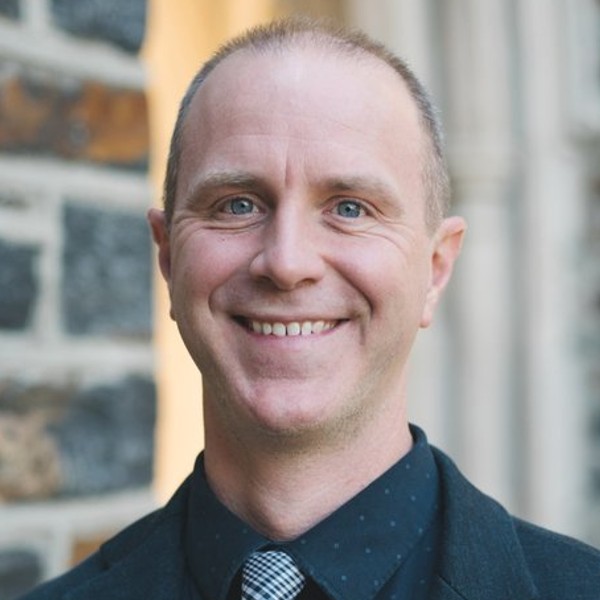“We use the words made available to us.” Marilynne Robinson once said something like that. It’s true but easy to forget. There are so many times in the lives of our institutions, congregations and organizations when we are bereft of words.
This happened to me this spring during our church’s annual offering of “Foot Washing for the Homeless.” I’ve learned other churches do something similar, but it’s been a new experience for me as a pastor.
With over 100 volunteers in place, we open our doors on a Saturday afternoon to nearly 300 homeless men and women. The guests enter and begin at a foot washing station where “shoe runners” take their sizes. After we wash and dry their feet they walk to our fellowship hall where podiatry students from local Barry University wait to examine their feet. After this they receive new tennis shoes and head to the lunch station where a meal waits.
This year we hoped to double the foot washing stations so I was asked to be a foot washer. I gladly volunteered and recognized inside of me that familiar feeling of pride (not the good kind) that said, “It’s all about being a foot washer, about those of us willing to wash feet.” I should have known right then I was in trouble.
I was a bit anxious to do this “right.” The doors opened and the first gentleman arrived at my station. Carlos sat down in front of me, I introduced myself, as did he, and I quickly realized this was not about me, the “sacrificial” foot washer. In my self-centered preparation, I’d failed to consider what I would say to a grown man with his shoes off, sitting in front of me, as I washed his feet. “How about this weather?” “When was the last time you had your feet washed?” I am rarely at a loss for words but found myself unsure of what to say to Carlos after he took his shoes off and waited for me to take them gently in my hands and place them in the cold, soapy water.
So I said the only words that made any sense to me at that moment. “In the Bible, we are told that Jesus washed the feet of his disciples as a sign of love and respect. That is why I am washing your feet today. God loves you and so do I.”
These words came to be the most honest expression of an otherwise hard-to-explain moment. When in doubt, tell the story.
Tom sat down and I introduced myself. The shoe runner, Nick, asked him for his shoe size. “10,” he said. As Nick went for the shoes, Tom leaned in like he was about to tell me a secret. “I’m not really a 10. My son is. He’s a senior at Booker T. Washington High School and he runs track. He’s fast. But he doesn’t have new shoes. I want to give these shoes to him.” So Tom allowed a young woman to wash his feet and medical students to examine them so his son could get new shoes for his senior track season.
That was Tom’s way of telling me a different version of the same story I was telling, a story of love and sacrifice.
Moments surround us in our churches, organizations and communities that are hard to describe, difficult to understand and just plain challenging. When in doubt, we should tell our stories, stories of faith and mission and purpose; we should tell the Christian story “made available to us” in Scripture and from the centuries of faithful followers who continue to live as witnesses to it.
It took Carlos and a whole host of other gracious ones that Saturday afternoon to remind me of its power and how often I forget to tell it.
Cynthia Weems is senior pastor of First United Methodist Church in Miami, Florida.







